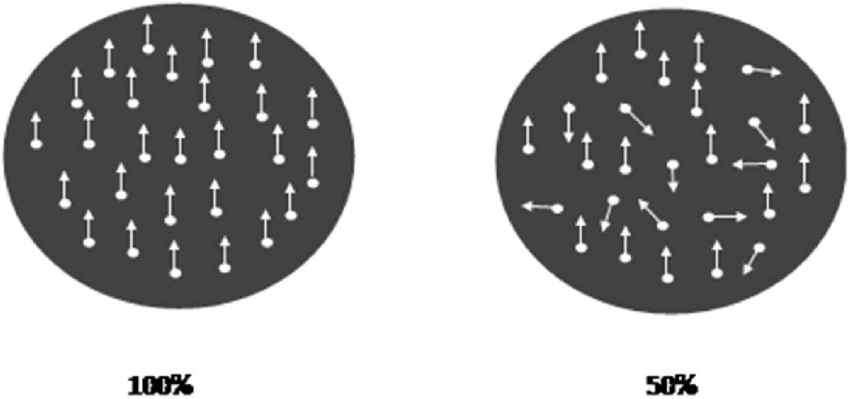Project Outline: Association of Perceptual Confidence and Mental Imagery

Supervised by: Alfredo Spagna, PhD, Columbia College Department of Psychology
Project Background and Methodology:
My research will focus on an essential yet understudied aspect of learning: confidence. In learning, it is essential to be able to internally assess how much one knows. There is a large body of literature (Zylberg 2016) showing that, intuitively, the more difficult the decision both the more time and the lower the confidence. By both collecting reaction time and subjective assessments of confidence, both a level of conscious and unconscious awareness can be measured by proxy in a perceptual confidence task. This task will simply be many dots moving from in random amounts either left or right (or moving dot coherence test), and the participant will select which direction they believe more dots are moving. While there is evidence of varying perceptual confidence in individuals, there is little research on what may cause the difference in perceptual accuracy and confidence among individuals. Given this, participants will also take a Vividness of Visual Imagery Questionnaire (VVIQ) as a potential cause of these discrepancies. This data may reveal a link between the VVIQ and the confidence/response time of participants. There is also a possibility that a Dunning-Kruger effect for perceptual confidence where participants with low VVIQ cannot accurately assess their ability and therefore overestimate themselves and have high confidence but low reaction time/accuracy. This research stems from an interest in the moment new information is introduced to how it is integrated and eventually used in problem-solving, I found it all fascinating. Given this interest in learning, I would love to focus on a smaller aspect of learning: confidence. It has happened to everyone at least once; after walking out of a test you think, “I might’ve gotten a 100%, I can’t think of anything I missed.” All this confidence only to then get an unexpected 60%. Now, compare this to a student who walks out of a test with little confidence thinking, “I got a 60%” and gets a 60%. The second student is in a better position to learn as they have at least perceived their ignorance. I hope to illuminate a piece of how this self assessment is done with my research.
Objectives:
- Find an association between mental imagery and visual confidence
- Potential for a Dunning-Kruger effect where those with very little VVIQ have very high confidence in their perceptions
- Potential evidence of a subconscious “confidence” that a higher VVIQ gives one, but does not appear in questions but does appear in reaction time?


Please sign in
If you are a registered user on Laidlaw Scholars Network, please sign in